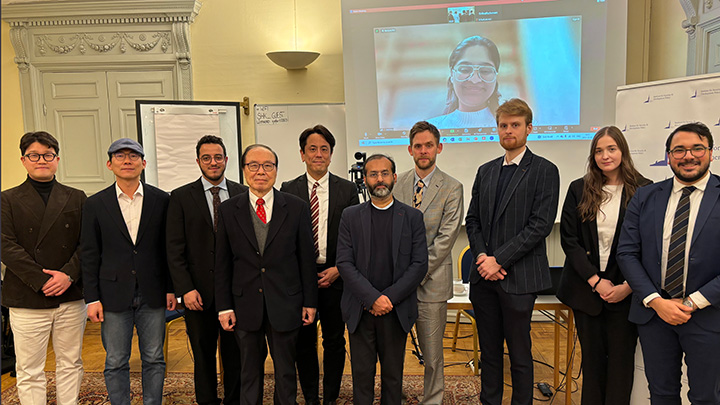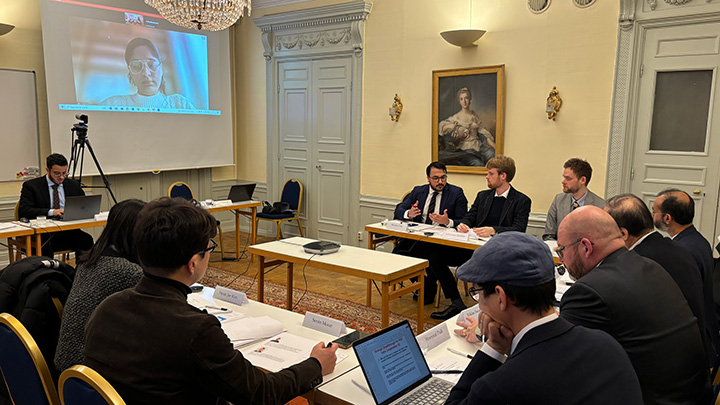ISDP held a hybrid event on “New Supply Chain and India-Korea Global Connect: Can the EU Become a Partner?”
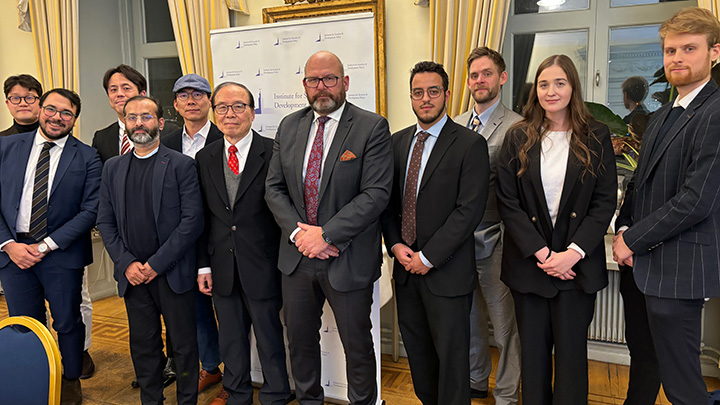
December 8, 2023: The Stockholm Center for South Asian and Indo-Pacific Affairs (SCSA-IPA) held a hybrid event titled “New Supply Chain and India-Korea Global Connect: Can the EU Become a Partner?” on Thursday, December 7, 2023. This event is a part of the research project “India-South Korea Connect in Indo-Pacific: Minilateralism to Multilateralism” supported by the Korea Foundation in South Korea. The principal investigator of this project is Dr. Jagannath Panda, Head of the SCSA-IPA, and the co-investigator is Prof. Choong Yong Ahn, Distinguished Professor at the Graduate School of International Studies, Chung-Ang University Seoul.
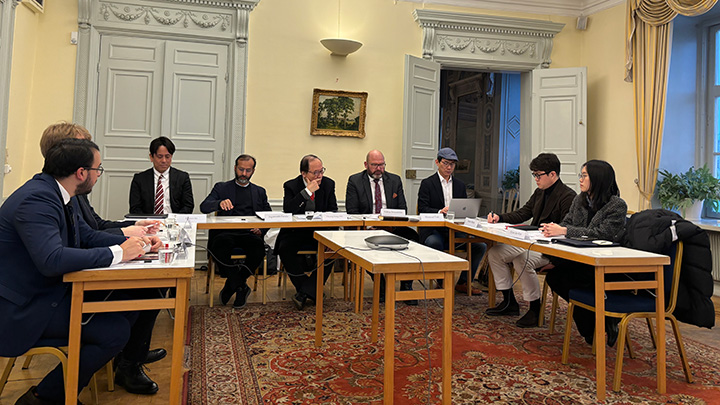
Dr. Niklas Swanström, Director of the ISDP, delivered a special remark at the event. Prof. Choong Yong Ahn was the Keynote speaker for this event. The other two special speakers for the event were Prof. Wooyeal Paik of Yonsei University and Mr. Kohotaro Ito, Visiting Faculty, Institute of General Education, Ritsumeikan University, Japan, and Senior Research Fellow, Cannon Institute for Global Studies, Japan.
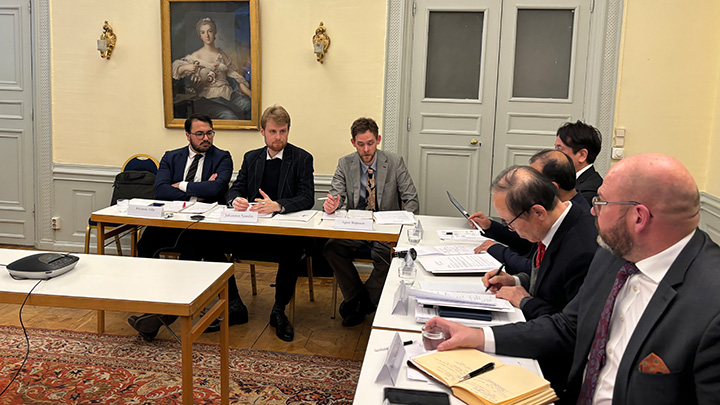
Other experts and scholars from ISDP participated in this hybrid event. This event brought together Korean, Indian, European/Swedish, and Japanese experts to discuss the new supply chain connection between India and South Korea, factoring Europe in the Indo-Pacific as a possible region of global cooperation. The event addressed some of the critical questions such as:
- How does the deepening economic connection between India and South Korea affect the European Union’s bilateral relations with each of these countries individually? Are there any discernible patterns or shifts in diplomatic ties, cooperation, or conflicts between the EU, India, and South Korea as a result of their economic inter-dependence?
- To what extent does the economic collaboration between India and South Korea contribute to technological transfer and innovation, and how does this impact the EU’s technological competitiveness and innovation ecosystem? Are there specific sectors or industries where technological spillovers from India and South Korea have influenced the EU’s technological landscape?
- How does the economic connection between India and South Korea contribute to or hinder the EU’s efforts to enhance supply chain resilience and security, particularly in critical industries? How can the EU work with India and South Korea on critical supply chains, such as that pertaining to semiconductors and critical minerals?
- What are the potential risks and benefits for the EU in terms of supply chain disruptions and vulnerabilities associated with increased reliance on India and South Korea?
Here, you can find the program of the event.
